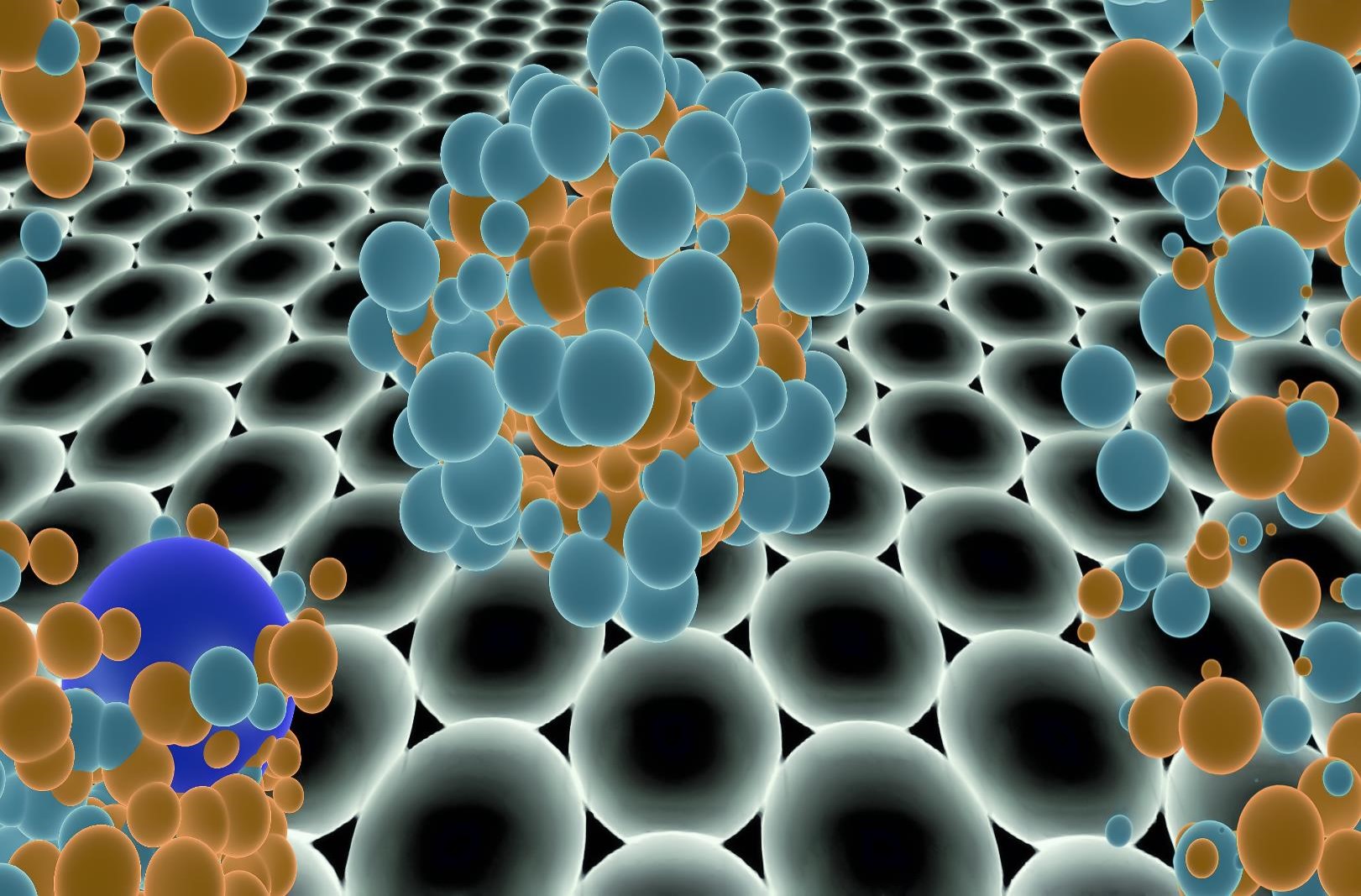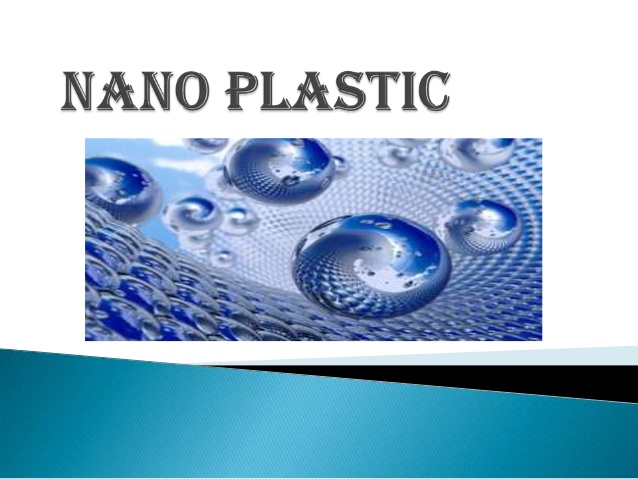Nano thermost's structure and function (PhD in Nano _ Microelectronics)
Researcher and author: Dr. ( Afshin Rashid)
Note: Nano thermostats Nano thermosts belong to the family of nanoplastics that take on a permanent shape during molding and can not be softened by reheating.
Thermoplastic nanoplastics, or hard heat, are polymers that , when applied to heat, crosslink with chemical reactions to increase their average molecular weight and become rigid. These liquid resins usually start to irreversibly react after hardening with a hardener or desiccant or reaction accelerator.
Thermoplastic nanopolymers have the ability and function to withstand loads at higher temperatures and pressures than thermoplastic nanopolymers . Nano-polymer thermoset liquid has a low molecular weight and viscosity are low that the free radicals that are linked to solidify. Thermostats Nano Nano thermost family of nano-materials is that during the formation of a permanent way to fall and reheating can not be soft. These nanopolymers come in a variety of forms such as flexible and rigid foams, nano-elastomers. And liquid resins are used. Polyurethanes have low corrosion resistance to strong acids and bases and organic solvents, and flexible foams are mainly used for applications (such as packing), while hard foams are used as thermal insulation materials for transfer. Cryogenic fluids are used.




